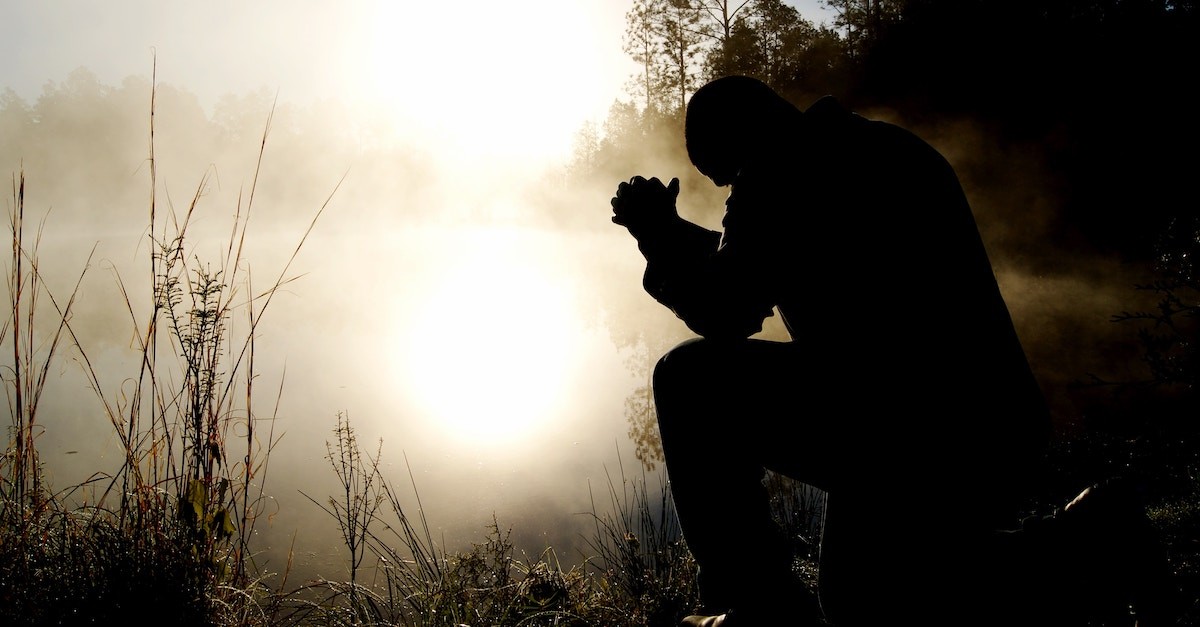

A silvery ribbon of water fluttered along the foot of the looming peaks that assumed varied shades of purple as I looked further into the distance. Like so many places where geology sires poverty, the karst landscape was sublime. Previously, severe isolation had condemned residents to extreme poverty and underdevelopment.Īs such, our meals during our visits were mostly instant noodles and packaged snacks we'd brought ourselves, since the community's first restaurant was yet to open. The remote mountainous settlement became the final village in China to connect to the road system last June.īefore that, it took eight hours of slogging up the trail I was exploring to leave, and another eight hours back down to return to the settlement-and even longer if it rained.

I was hiking up the old footpath out of Abuluoha village in Butuo county in Sichuan province's Liangshan Yi autonomous prefecture. A later examination also revealed scrapes and bruises on my shins, despite the benefit of jeans. I staggered to and fro as I climbed forward, up the abrupt mountainside, occasionally catching myself with my hands as I lurched one way or another, as if unreasonably drunk.Įach step crunched loudly, followed by the rattling sound of small stones splashing downhill, as my shoes disappeared into the gravel.Īt one point, I bent the nail of my big toe backward. China Daily journalist Erik Nilsson explores the old footpath. Before Abuluoha was connected to the paved road system, villagers had to trek up steep slopes covered with loose rocks for around eight hours.


 0 kommentar(er)
0 kommentar(er)
